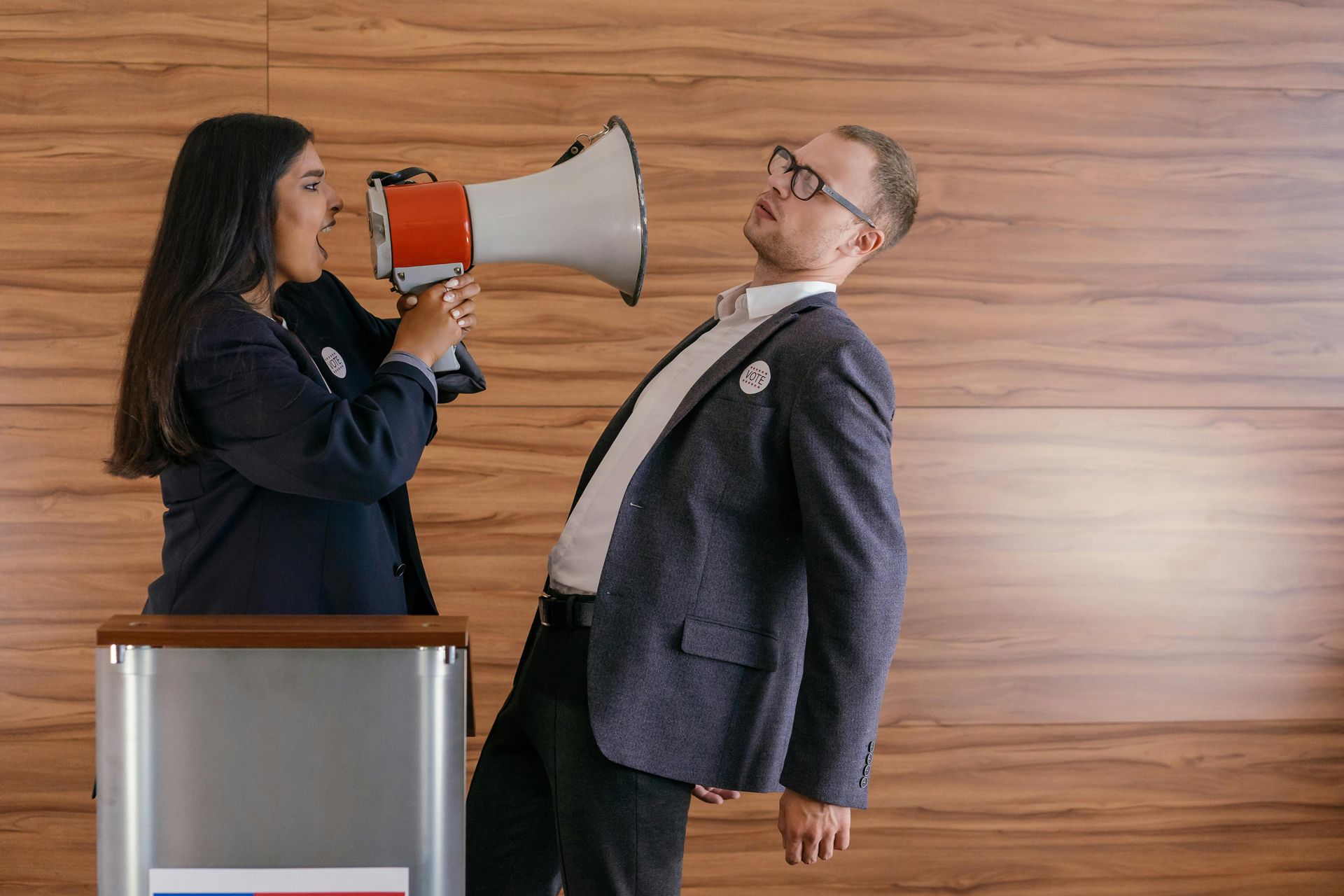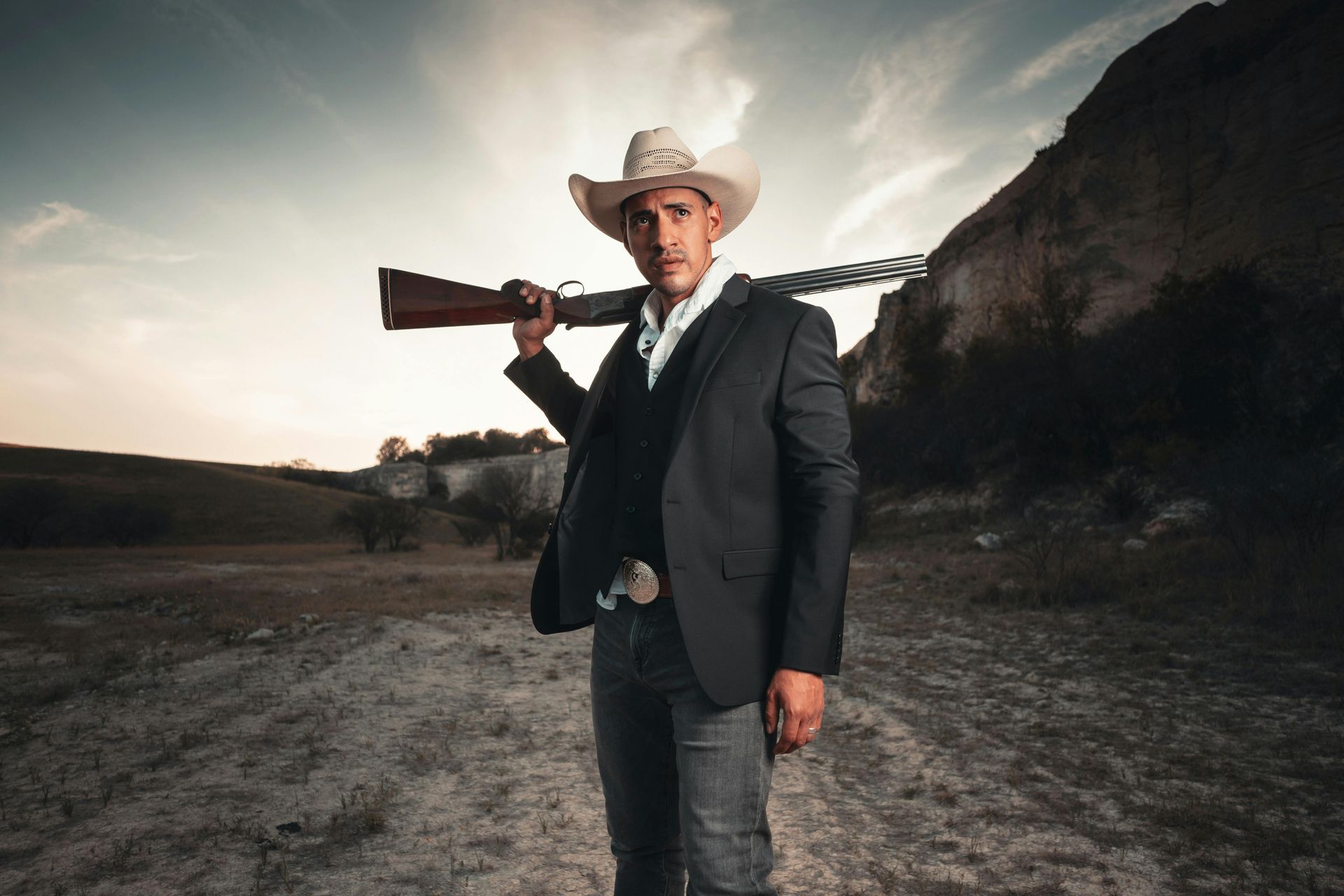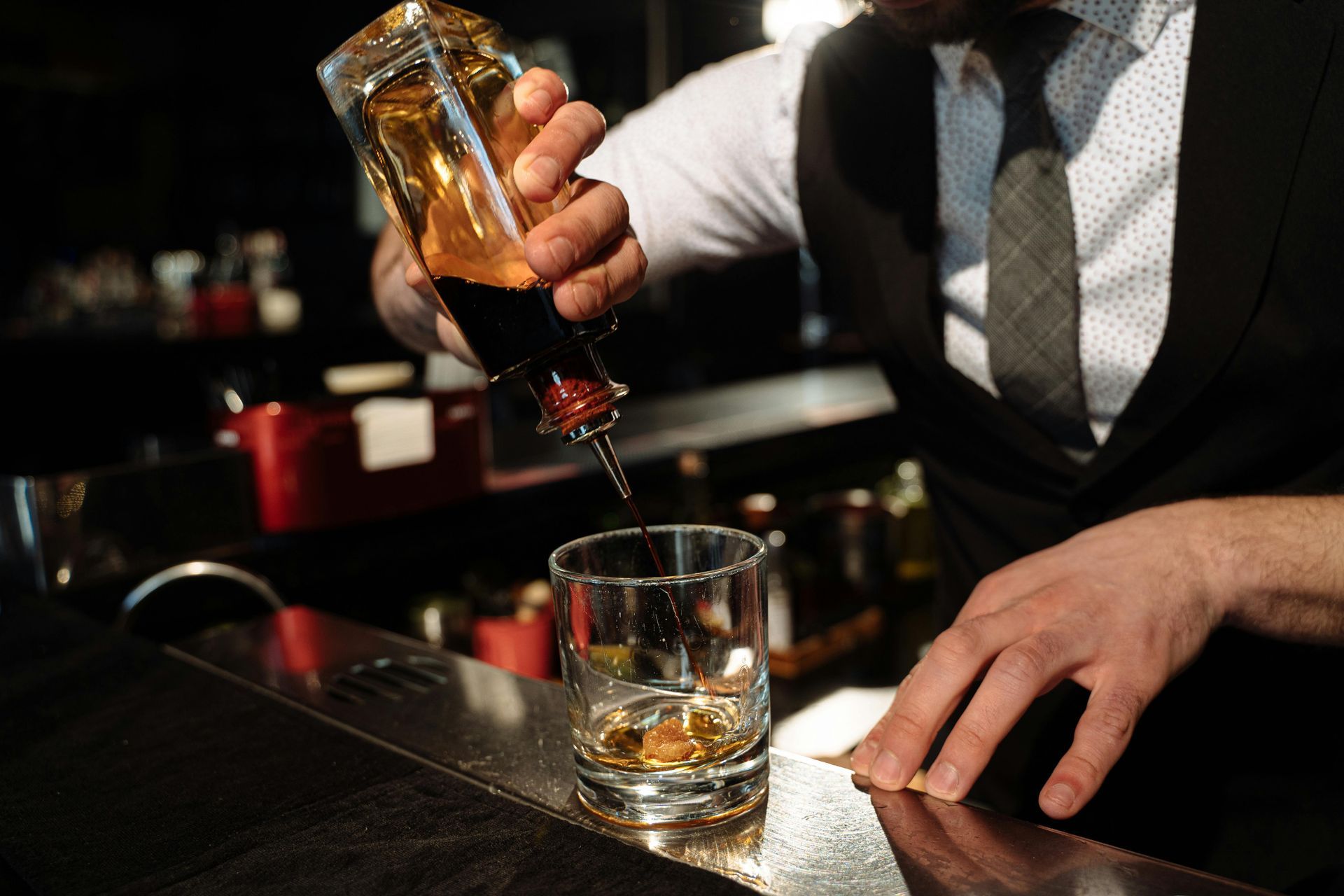ALCOHOL & BEVERAGE LEGAL SOLUTIONS,
Texas Attorneys
Navigating the alcohol beverage industry requires an understanding of the applicable laws and regulations for restaurants, breweries, and distilleries. Our lawyers help you with TABC applications and licensing.
TEXAS ALCOHOLIC BEVERAGE COMMISSION
What Is The Texas Alcoholic Beverage Commission (TABC)?
The Texas Alcoholic Beverage Commission (TABC) is a state agency that regulates the alcoholic beverage industry in Texas. The duties of the commission include regulating sales, taxation, importation, manufacturing, transporting, and advertising of alcoholic beverages. The TABC suggests that all managers, supervisors, bartenders, servers working in restaurants and/or catering environments, and anyone who sells, serves, dispenses, or delivers alcohol should be certified to do so. Most restaurant and bar owners depend on their alcohol licenses. If the Texas Alcoholic Beverage Commission (TABC) threatens to suspend your license, our Dallas TABC lawyers can assist you in protecting your TABC license. See our Checklist For Applying For A TABC Liquor License for additional information.
Common Legal Issues With TABC Licensing
- Liquor licensing;
- Texas Alcoholic Beverage Code compliance;
- Formulation of beverages;
- Trade secrets of beverage formulas;
- Trademark and service mark registration;
- Alcoholic Beverage Code administrative violations and defense;
- TABC enforcement;
- Protection and monetization of TABC licensed rights;
- Dram shop and liquor liability litigation defense;
- Entity formation, capital, and financing strategies; and
- Protection and enforcement of copyrights.
Common Legal Solutions For Liquor Companies
- Trademark counseling and litigation;
- Licensing and technology transactions;
- Patent counseling and litigation;
- Importation and sales across state lines;
- Keeping up with compliance codes;
- Executive compensation and employee benefits; and
- Dram shop and liquor liability updates.
Our professional team of alcohol licensing lawyers routinely assists businesses throughout Texas in applying for and obtaining a TABC permit and license. We assist with public notification requirements, bond requirements (e.g., TABC conduct surety bonds and TABC performance bonds), and federal (TTB) permitting.
Dallas, Texas, Liquor Permit & TABC Lawyer
At Wilson Whitaker Rynell Attorneys at Law, we specialize in navigating the complexities of alcohol licensing for businesses such as bars, restaurants, liquor stores, and other establishments that require a liquor license issued by the Texas Alcoholic Beverage Commission (TABC). It is crucial for business owners involved in the sale of alcohol to have proficient legal representation when dealing with the TABC. Our experienced TABC attorneys in Dallas are dedicated to guiding you from the initial stages of business planning through production and sale, ensuring a smooth licensing process.
We provide comprehensive legal services for state and federal alcohol licensing and permitting. Our team offers expert advice and active representation tailored to a variety of business types including bars, nightclubs, hotels, brew pubs, microbreweries, distilleries, wineries, wholesalers, distributors, importers, and manufacturers. Whether you are starting a new venture or looking to navigate the regulatory landscape, our lawyers are here to support you every step of the way.
Leveraging our deep understanding of the TABC regulations and the broader legal considerations of alcohol sales, we help our clients avoid potential pitfalls and manage any challenges that may arise during the licensing process. With Wilson Whitaker Rynell at your side, you can focus on growing your business while we handle the legal intricacies of your alcohol licensing needs.
Additional TABC Compliance Focus
Expert Dallas Liquor Lawyers
We represent alcoholic beverage retailers, marketers, importers, and manufacturers in acquiring liquor licenses. Our product development clients can converse with our industry experienced lawyers in business law, contract law, litigation, and intellectual property. In addition to TABC permits and TTB permits, we also help our clients obtain and maintain trademarks, copyrights, distributions, and resell contracts, as well as state and local approvals that are often associated with retail operations (e.g., tobacco products retailer permits and lottery retailer licenses, etc.) For a complete list of our legal services, please see the complete service list of our law firm.
Common TABC Violations to Avoid
TABC citations are costly and can jeopardize your TABC license. TABC citations may result in the loss of mixed beverage licenses, late hours permits, and cartage permits, and deal a major economic hardship on bar and restaurant owners. Common TABC violations issued include the following:
• Serving alcohol to a minor;
• Servicing alcohol to an intoxicated person;
• Failure to report a breach of the peace; and
• Subterfuge
What Is Subterfuge As Determined By TABC
Subterfuge is the use or display of a TABC permit in the conduct of a business for the benefit of a person not authorized by law to have an interest in the license.
CLIENT MATTERS
5,000+
YEARS OF SERVICE
25+
Award Winning
Recognized in the legal industry as dedicated board-certified lawyers and Rising Stars.
Expert Team
Your project will be handled by legal experts every time. You will have the most experienced attorneys working for you.











